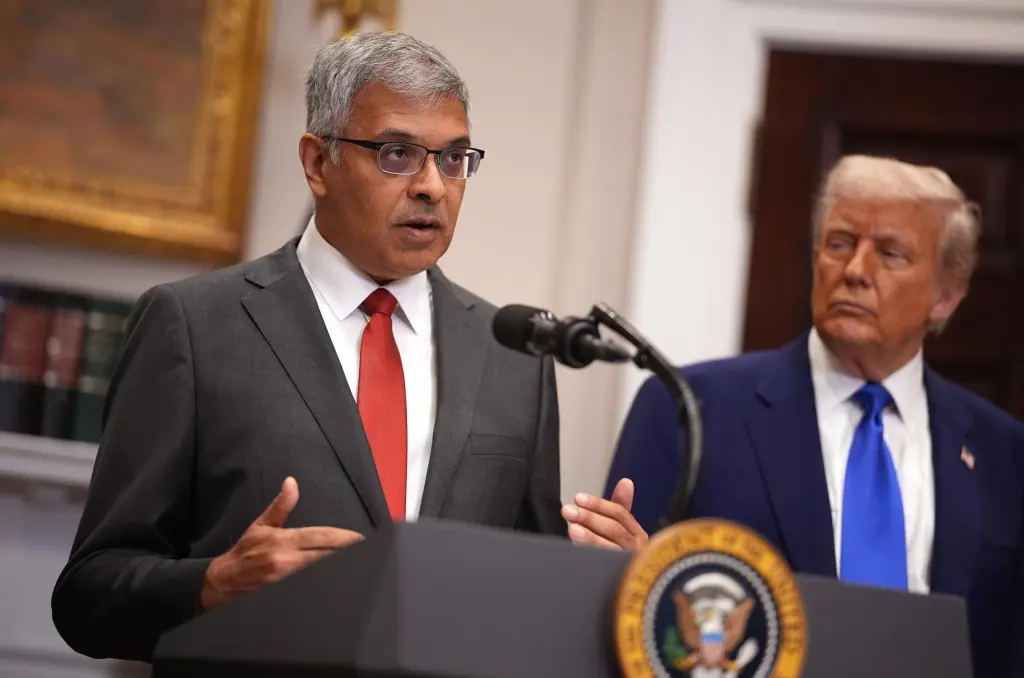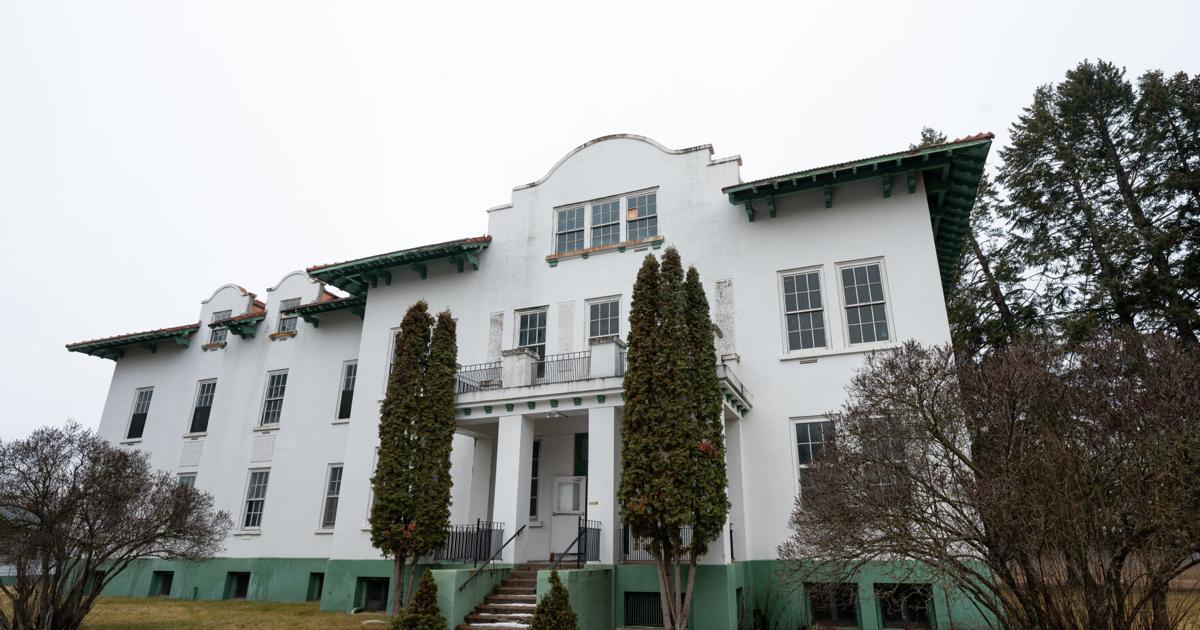
With the Trump administration under Health and Human Services Secretary Robert Kennedy Jr. proposing to slash 40% of the funding of the National Institutes of Health, it’s time to ask, “What is the NIH and what has it ever done for us? How is the agency spending that money? And why should we care if its funds are cut?”
Short answer: The NIH is the world’s largest research organization guiding and funding the search to improve human health. Starting more than a hundred years ago, the NIH has flourished, making America the world leader in discovering the causes and treatments of disease. They accomplish this through research done in medical facilities across the country and the globe including the flagship NIH Clinical Center in Bethesda, Maryland.
We still don’t have all the answers for the causes and treatments of cancer, heart disease, stroke, dementia, blindness, arthritis and other ills that plague us. Even so, just look at our debt to the NIH for progress made in the authors’ lifetimes:
Polio: In the summer of 1954, our public pools were closed because of the polio epidemic and we remember young people in “iron lungs” unable to breathe without assistance, hoping to recover enough to be able to breathe again limp through the rest of their lives. Dr. Jonas Salk, with NIH support, studied the polio virus and in 1955 his vaccine began our path to an almost total worldwide elimination of this crippler of young children.
Cigarettes and Heart Disease: Television ads in the 1950s told us that “more doctors smoke Camels” That lie may seem obvious now, but wasn’t debunked until the (NIH-funded) Framingham Heart Study proved beyond doubt the link between smoking (and cholesterol) to early heart disease.
AIDS: In 1981, the AIDS epidemic struck and, although blood transfusions and sexual transmission were implicated, it was NIH-funded research that identified the HIV virus as the culprit and gave us the ability to both detect and control this deadly virus.
Cancer: NIH-funded research has discovered new chemotherapies that are both more effective and better tolerated in the fight against cancer and is in process of developing more treatments that turn our immune systems into weapons against even the most deadly cancers.
Stroke: Before 1995 there was no way to stop a stroke in its tracks. The 1995 NIH-funded study showed that “clot busters” given within three hours of the beginning of a stroke could dissolve clots and improve chances of complete recovery.
Medical Imaging: X-rays have been around for more than a hundred years, but CT scans and MRI were unknown when one of us started medical training. The physicists and engineers who dreamed up these technologies relied on the NIH to fund the studies that proved their worth and safety.
More than all that, each year the NIH supports the careers of America’s next generation of health researchers, thousands of young scientists eager to make desperately needed discoveries to protect our health.
“Disease Knows No Politics,” says former NIH Director Dr. Elias Zirhouni in the title of his newly published book. But what we are seeing today is that “politicians think they know disease.” Is that why Kennedy has taken a wrecking ball to the NIH, moving to drastically cut its funding, block the mRNA research that produced a COVID-19 vaccine at “warp speed,” and fire more than 6,600 of those promising young researchers. Their careers are not like light switches to be flipped back on when we realize we need them. They will be long gone to other endeavors or to countries more committed to medical research than our current administration.
Americans have been getting a lot of bang for their buck with only 0.7% of the federal budget invested in NIH research. “If you’ve got your health, you’ve got everything,” as our mothers told us.
We know what our mothers would have said to those politicians savaging the NIH, the one institution most responsible for 100 years of medical progress: “Who do you think you are to stymie the real fight to make Americans healthy?”
Bruce Holbrook of Norfolk is president of Bruce Holbrook Consulting, Inc. Armistead Williams, M.D., of Norfolk is a neurologist and a former board member of Sentara Hospitals, Norfolk, and of Old Dominion University.



